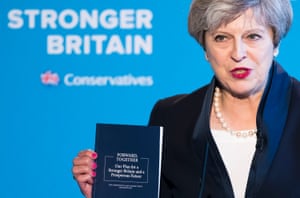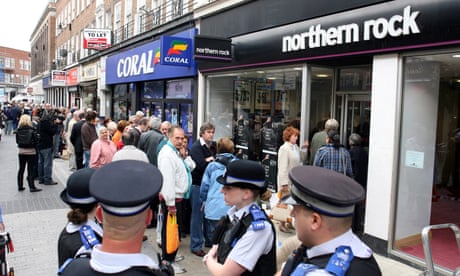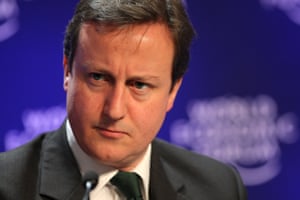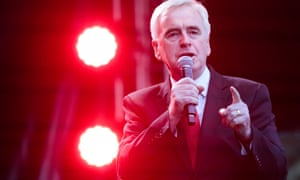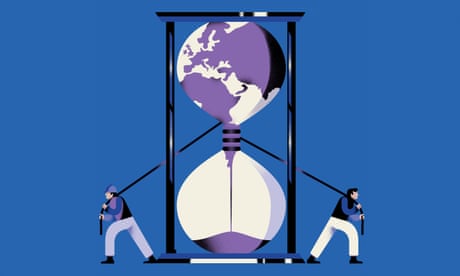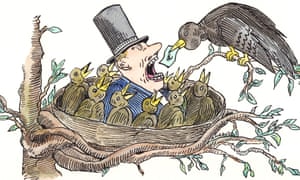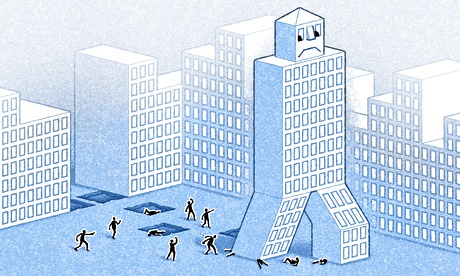By Girish Menon
Pervez Hoodbhoy, one of few famed Pakistan scientists, asked whether India could have launched Chandrayaan2 if Modi was India’s Prime Minister in 1947? I thought this was an extremely important question in an era when all things Nehruvian and Indirayian are being rubbished without any concern for facts.
Meghnad Desai, an economist of renown, in his latest piece in the Indian Express provides a stark example. Desai tries to create the impression that it was the private sector that was responsible for India’s lead in the space programme. Desai states that despite Nehru’s inclinations towards the public sector he listened to Sarabhai, who came from an industrialist family and had a market orientation, and this resulted in the successful space programme.
What Desai ignores is that ISRO has always been a public sector organisation. It was not started by the Sarabhai family and subsequently nationalised by a socialist Nehru or Indira.
A recent edition of the Guardian (How the state runs business in China) talked about how members of China’s Communist Party are involved in the management of all large companies operating in China. This includes western multinationals as well. And China is poised to be the world’s largest economy with its firms ready to compete with global corporates. Free market ideologues deliberately ignore such facts.
In India’s case, the spokespersons of the ruling corporatocracy fail to admit that the industrialists post independence viz. Tatas and Birlas did not have the capital nor the knowhow to launch the industrial revolution and it was left to Nehru to use tax payer money to launch the education and scientific revolution whose benefits India is now reaping.
The case I am making is that there are good public sector organisations as well as bad ones. The bad ones could be shut down due to their continuous reliance on government subsidies. But as the so far botched privatisation of Air-India has shown, India’s private sector enthusiasts have not shown any enthusiasm to take over and turn around such firms. Instead, they would like instant money spinners or public sector firms which can be cannibalised for instant profit.
Even in the case of bad public sector firms, if a systematic analysis of their sickness is carried out many will reveal that their problems often are not within the firm but lie outside with their political masters. In Air-India’s case the decisions by Praful Patel to favour Jet Airways and to destroy the public sector firm have led to its current state.
On the other hand, it is worthwhile to study the case of Jet Airways the private sector darling of free market India. It is now bankrupt despite all the favours given to it including flying rights and free aviation fuel.
There are so many instances of India’s preferred industrialists being given favourable loans, government lands and other subsidies and yet not contributing to reducing the burgeoning unemployment question. All of this is swept under the carpet as the current administration prepares to make a distress sale of the public sector.
India’s private sector has not provided global leadership in any area. While we await to see what Anil Ambani’s defence company will do, Indians must rejoice Chandrayaan2 while not forgetting that it is a public sector firm that is a world leader in rockets and satellite technology.
